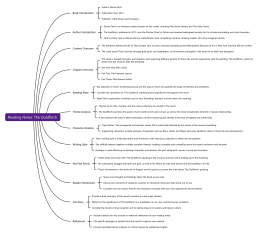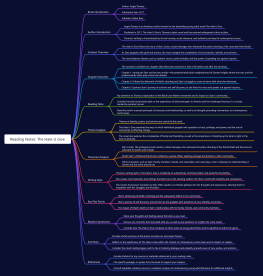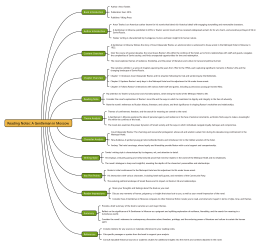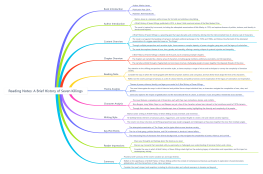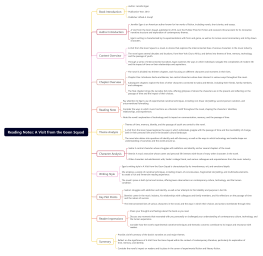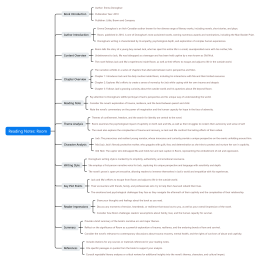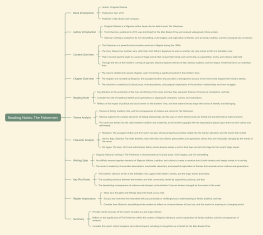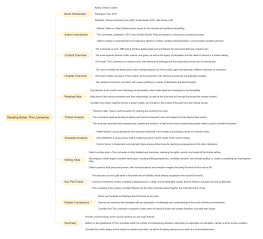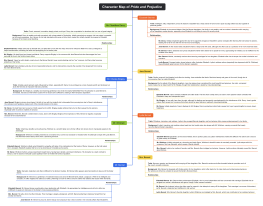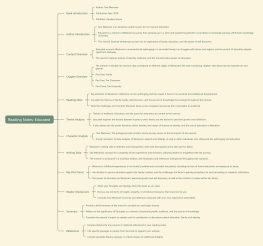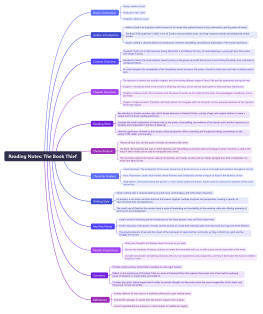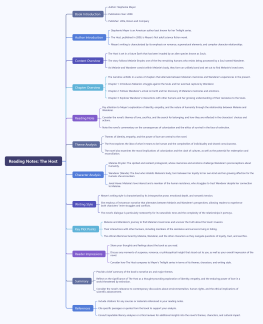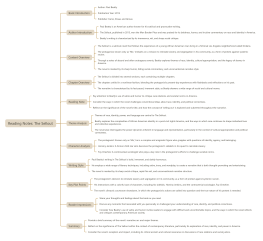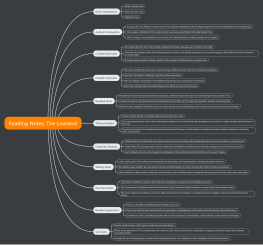The Giver-Lois Lowry: Book Summary
2024-07-19 14:40:35 377 2 Report 0
0
Login to view full content
This comprehensive summary of 'The Giver' by Lois Lowry delves into the book's intricate narrative and profound themes. The novel, set in a dystopian society that suppresses emotions and individuality, follows Jonas, a young boy chosen to be the Receiver of Memories. As Jonas uncovers the depth of human experiences through his training with the Giver, he becomes disillusioned with his society's oppressive norms and embarks on a journey to challenge them. Key themes include the importance of memory, identity, and human connection, as well as the dangers of erasing history to create a utopian society. The narrative's simplicity and emotional resonance make it accessible yet deeply impactful. Readers are encouraged to reflect on the novel's relevance to contemporary issues like surveillance, conformity, and the balance between security and personal freedom. The book's ambiguous ending invites further contemplation on Jonas's future and the fate of his society. This summary also highlights the novel's enduring popularity and its significant impact on discussions about freedom, individuality, and the role of memory in shaping our understanding of the world.
Other creations by the author
Outline/Content
Book Introduction
Author: Lois Lowry
Publication Year: 1993
Publisher: Houghton Mifflin Harcourt
Author Introduction
Lois Lowry is an American author known for her versatile writing, spanning various genres, including children's fiction, young adult, and dystopian literature.
The Giver, published in 1993, is one of Lowry's most renowned works, acclaimed for its thought-provoking narrative and exploration of complex themes.
Lowry's writing is characterized by its clarity, empathy, and ability to tackle profound subjects in accessible ways.
Content Overview
The Giver is set in a dystopian society where emotions, memories, and individuality have been suppressed in favor of sameness and control.
The protagonist, Jonas, is chosen to be the Receiver of Memories, a role that exposes him to the true depth and range of human experience.
As Jonas learns about the joys and sorrows of the past, he becomes increasingly disillusioned with his society and embarks on a journey to challenge its oppressive norms.
Chapter Overview
The narrative is divided into multiple chapters, each chronicling different stages of Jonas's awakening and his efforts to resist the status quo.
Chapter 1: Introduces Jonas and his seemingly perfect yet stifling community, as well as the Ceremony of Twelve where Jonas is assigned his role as the Receiver.
Chapter 2: Follows Jonas's initial training with the current Receiver, the Giver, and his exposure to memories of the past.
Chapter 3: Explores Jonas's growing awareness of the limitations and injustices of his society, as well as his burgeoning friendship with the Giver.
Reading Note
Pay attention to Lowry's exploration of themes such as individuality, freedom, and the consequences of a utopian society.
Consider the novel's relevance to contemporary discussions about surveillance, conformity, and the balance between security and personal liberty.
Note the novel's ambiguous ending and its implications for Jonas's future and the fate of his society.
Theme Analysis
Themes of memory, identity, and the power of human connection are central to the novel.
The Giver examines the ways in which memories shape our understanding of the world and our place within it, as well as the dangers of erasing history in the pursuit of perfection.
The novel also explores the importance of empathy and compassion in fostering meaningful relationships and preserving our humanity.
Character Analysis
Jonas: The protagonist of the novel, whose journey from ignorance to enlightenment drives the narrative forward.
The Giver: The wise and compassionate elder who serves as Jonas's mentor and guide, sharing the burden of memories and knowledge with him.
Fiona: Jonas's childhood friend and love interest, whose innocence and curiosity mirror Jonas's own awakening.
Writing Style
Lowry's writing style is characterized by its simplicity, elegance, and emotional resonance.
She employs a straightforward prose style that is accessible to readers of all ages, yet rich in depth and meaning.
The novel's pacing is deliberate and controlled, mirroring the ordered and regulated nature of Jonas's society.
Key Plot Points
Jonas's selection as the Receiver of Memories and his training with the Giver.
Jonas's gradual awakening to the truth about his society and his decision to rebel against its oppressive norms.
The climax of the novel, where Jonas makes a daring escape from his community in search of freedom and truth.
Reader Impressions
Share your thoughts and feelings about the book as you read.
Discuss any moments of revelation, suspense, or emotional resonance that stood out to you, as well as your overall impression of the novel.
Consider how The Giver compares to other dystopian novels you've read, and how it challenges conventional notions of society and human nature.
Summary
Provide a brief summary of the book's narrative arc and major themes.
Reflect on the significance of The Giver as a seminal work of dystopian literature that continues to captivate readers with its timeless themes and thought-provoking narrative.
Consider the novel's enduring popularity and its impact on discussions about freedom, individuality, and the role of memory in shaping our understanding of the world.
References
Include citations for any sources or materials referenced in your reading notes.
Cite specific passages or quotes from the book to support your analysis.
Consult reputable literary analyses or critical reviews for additional insights.
0 Comments
Next page
Recommended for you
More

